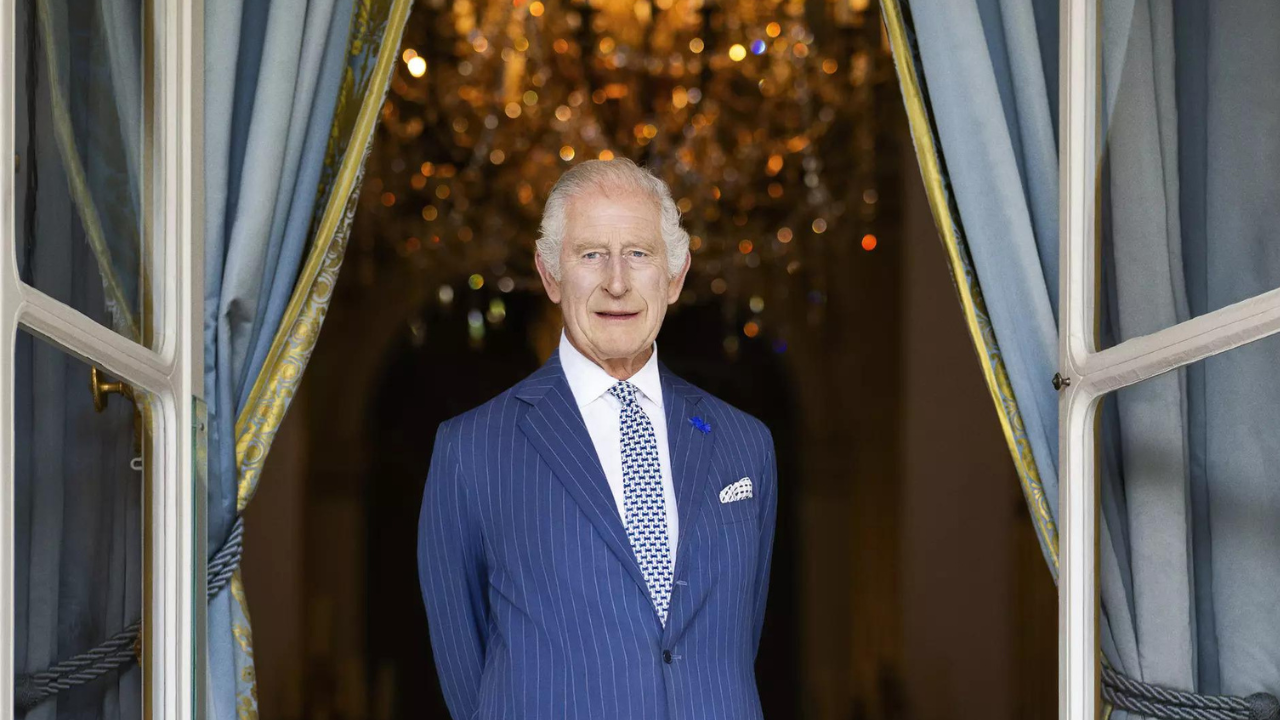No further details have been given by the Palace on his health. The details come a few days after it was revealed that the 75-year-old monarch underwent treatment at the London Clinic for a benign enlarged prostate.
“During The King’s recent hospital procedure for benign prostate enlargement, a separate issue of concern was noted. Subsequent diagnostic tests have identified a form of cancer,” the Buckingham Palace has said.
An enlarged prostate, medically known as benign prostatic hyperplasia (BPH), is a common condition that affects aging men. The prostate is a walnut-sized gland located below the bladder and surrounds the urethra, through which urine passes. As men age, the prostate may undergo non-cancerous growth, leading to BPH. This enlargement can result in the compression of the urethra, causing various urinary symptoms.
Symptoms of an enlarged prostate include difficulty initiating urination, weak urine stream, frequent urination, especially at night (nocturia), urgency to urinate, and a feeling of incomplete bladder emptying. While the exact cause of BPH is not fully understood, it is believed to be influenced by hormonal changes, particularly the increase in dihydrotestosterone, a byproduct of testosterone.
Though BPH is not cancerous, it can significantly impact a man’s quality of life. Treatment options range from lifestyle changes and medications to surgical interventions, depending on the severity of symptoms. Regular medical check-ups and discussions with healthcare professionals are crucial for monitoring prostate health and addressing any concerns related to an enlarged prostate.
Hereditary cancer: Here’s what you need to know
King Charles III had a prostate procedure at a private London Hospital recently. “His Majesty has chosen to share his diagnosis to prevent speculation and in the hope it may assist public understanding for all those around the world who are affected by cancer,” the Palace has said.


